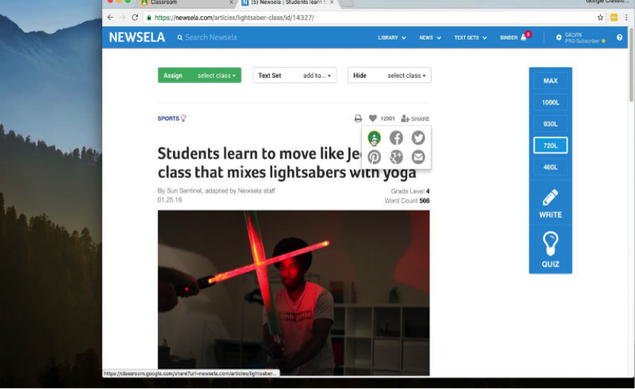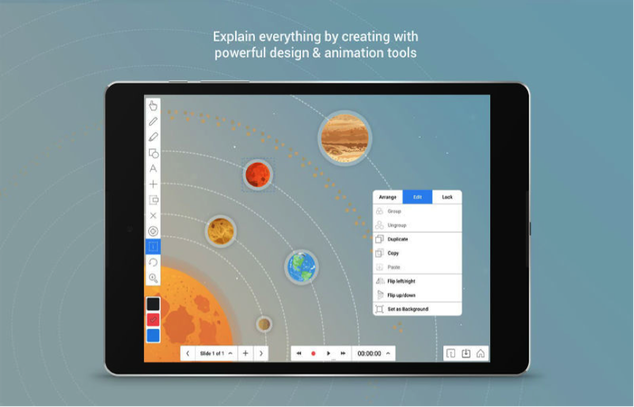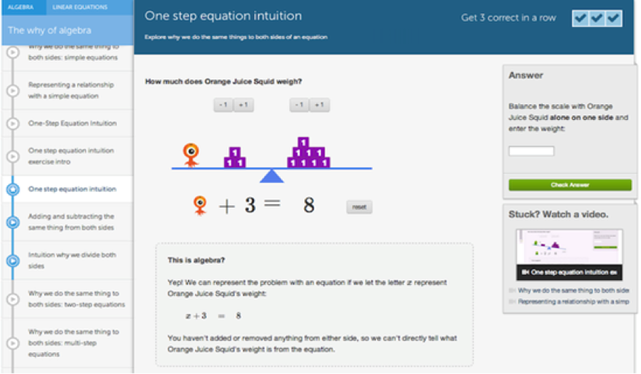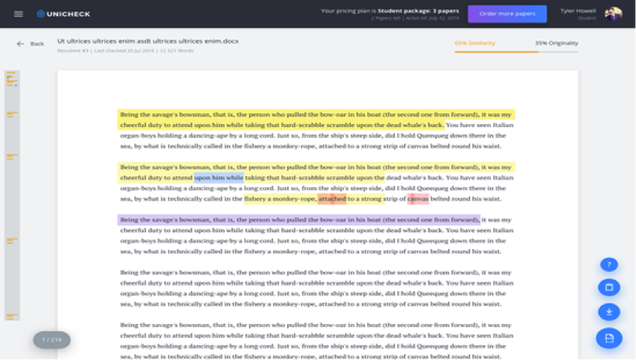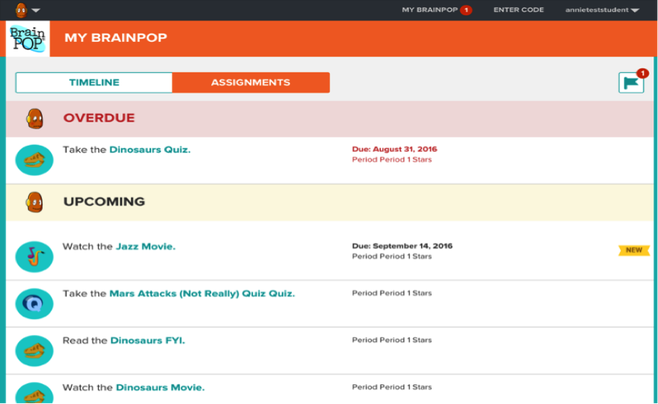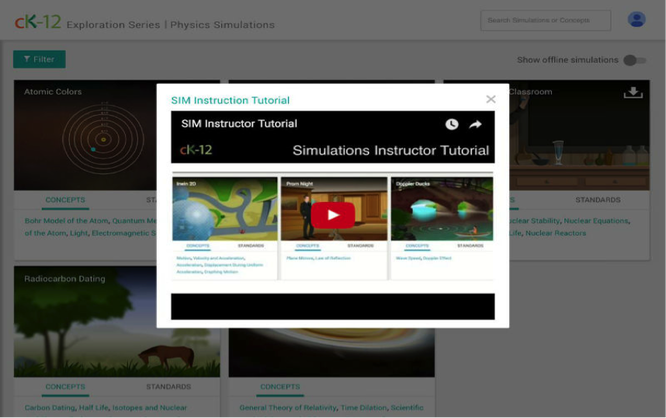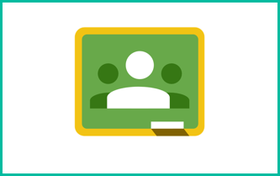
Thanks to new Google Classroom applications teachers have even more tools to enhance the education process for the students and make studying more fun and engaging.
We’ve picked a handful of Google Classroom applications that include interactives, games, and visual learning. They are free and easy to integrate, so go ahead and grow your students into explorers, researchers, and inventors!
1. Newsela
Newsela is an instructional content platform that is aimed at increasing reading engagement, taking into account the reading skills of students. Teachers can assign readings to certain students or to groups of students, track their progress, and provide personal recommendations and instructions. Also, teachers can easily pick topics for debates and discussions and use them in their lessons.
Teachers can modify reading strategies for students and give them independent reading projects. Students can streamline their studying process by navigating the library and sorting articles according to their grade level, content format, and the reading skill that needs to be improved.
2. Explain everything
Explain Everything is an app that uses an interactive whiteboard where students collaborate in real-time mode. Teachers can use the application to create things like explanatory videos or presentations. The available tools for projects include drawing, file importing, animations, and other tools. During collaboration, the project is recorded and can be shared later with others.
Students can take part in the process by creating their own tutorials, animations, videos and presentations in order to demonstrate their understanding of the material. Afterwards, students and teachers can share the projects they have created in the public gallery or get inspired by the projects of others.
3. Khan Academy
Khan Academy is a perfect place for teachers to find supplemental educational resources. The app gives the chance to practice, and to learn about a variety of subjects including history, science, computing and other disciplines, all according to grade level. Students can also find guided, adaptive instructions and video tutorials and prepare for tests like the SAT and GMAT.
When teachers assign students with tasks, the app can provide additional room for practice and self-preparations. Teachers can challenge their students and set time frames for the tasks. Plus, the app will also allow teachers to track progress and identify knowledge gaps where learning skills can still be improved.
4. Unicheck
Students often deal with the problem of plagiarism and self-plagiarism and Unicheck is so far the only app for Google Classroom that helps to prevent it. Keeping academic integrity standards in the classroom is critical. Teachers can use Unicheck to make sure each submitted paper is original and that individual student projects are written independently.
In Google Classroom, Unicheck works automatically, and it generates similarity reports and sends them to the teacher’s email for consideration. Distinguishing citations and references makes the option suitable for academic purposes as well. The checker will scan the Internet, open access databases, and the library of the educational institution.
5. BrainPOP
BrainPOP helps students grasp complex disciplines such as geometry, math, science, engineering and IT. BrainPOP converts challenging topics into explanatory videos and engaging interactives. The special feature of the app is that it is focused on developing the connections between content pieces, it makes the students create the concept maps that are then shared with teachers.
The application teaches with the help of videos that are linked to appropriate quizzes and additional materials. Upon watching a video the student can apply the material practically in Sortify and Time Zone X games.
6. CK-12
CK-12 places emphasis on learning STEM content that is personalized for every student. The app features a great amount of content that can be used in classrooms, such as diagrams and videos. Students can utilize the library, bookmark the material for later, share the content in the social media with classmates.
Teachers can use CK-12 as a supplemental resource, and let the students watch their own progress through the quizzes, or let them choose modalities of learning by navigating the options beneath each video, such as Read, Practice, Video, Real World, and more.
Wrapping Up…
Learning technologies have become more innovative, professional, and streamlined. The number of applications is becoming overwhelming. Fortunately, new Google Classroom applications include the types of modern educational tools that create the room for research, discussions, and active learning activities.
About the Author:
Nancy Lin is an enthusiastic school teacher from Kansas City. Blogging is her lifetime passion. School life, TechEd, educational problems, and social issues are among the most often covered topics.

